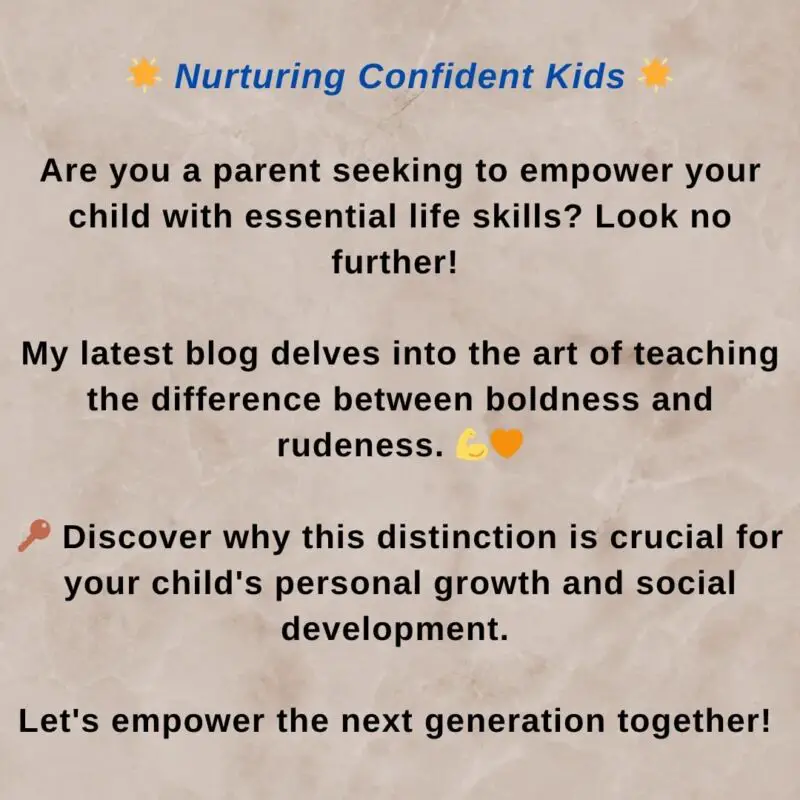Discover the benefits of praising kids and how it can foster confidence and positivity in their lives. Learn effective parenting strategies.

Unlocking Potential: The Impact of Praising Kids on Positive Growth
Parenting is a journey filled with highs and lows, challenges, and triumphs. Among the many tools and strategies parents employ to raise happy and well-adjusted children, one stands out as both simple and incredibly powerful: praise. In this article, we’ll explore the importance of praising kids and how it can shape their self-esteem, confidence, and overall development.
The Power of Praise
Praising children isn’t just about making them feel good; it’s about nurturing their self-worth and encouraging positive behavior. When we praise our kids, we’re not just offering compliments; we’re giving them valuable feedback that reinforces their efforts and achievements. This positive reinforcement can lead to increased self-esteem and a sense of accomplishment.
Fostering Confidence
Confidence is a crucial attribute that paves the way for success in life. When children receive praise for their actions, they begin to believe in themselves. They develop the self-assurance needed to tackle challenges and take risks. By consistently acknowledging their achievements, we help them build a strong foundation of self-confidence that will serve them well in the future.
The Science Behind Praise
Praising kids isn’t a random act; it’s a science-backed approach to parenting. Studies have shown that children who receive regular praise are more likely to develop a positive self-image and a growth mindset. This means they’re more open to learning, resilient in the face of setbacks, and willing to persevere through challenges.
Effective Praise Strategies
To harness the full potential of praise, it’s essential to offer it effectively. Rather than using generic compliments, focus on specific aspects of your child’s behavior or achievements. For example, instead of saying, “You’re so smart,” you might say, “I’m impressed with how you solved that problem.” Specific praise helps children understand what they did well and encourages them to repeat those behaviors.
Building Resilience
Resilience is another crucial trait that can be nurtured through praise. When children receive recognition for their efforts, even when they don’t achieve immediate success, they learn that hard work and persistence are valuable qualities. They develop the resilience to face setbacks and keep striving toward their goals.
Encouraging Positive Behavior
Praising kids for positive behavior reinforces those behaviors. When children are recognized for being kind, helpful, or responsible, they’re more likely to continue acting in these ways. This creates a positive cycle where good behavior is consistently reinforced, making parenting smoother and more enjoyable.
Embracing Success: The Transformative Power of Praising Kids
In the tapestry of parenting, praise is a thread that weaves joy, confidence, and resilience into the lives of our children. By offering genuine and specific praise, we not only boost their self-esteem but also equip them with the tools they need to navigate life’s challenges with grace and determination. So, let’s celebrate our children’s accomplishments, big and small, and watch them grow into confident and capable individuals ready to embrace the world.
Discover More: Explore the profound impact of words on a child’s emotional development in our article: Nurturing Resilience: The Impact of Words on a Child’s Emotional Development
Do Follow for More Tips and Inspiration:
- Instagram: Follow us on Instagram
- Pinterest: Follow our Pinterest profile
Frequently Asked Questions regarding praising kids
- Why is praising kids important for their growth and development?
- How does praise contribute to building confidence in children?
- What are some effective strategies for offering praise to children?
- Can praising kids help in fostering resilience?
- How does praise influence children’s behavior and choices?
- Are there any potential drawbacks to excessive praise?
- How can parents strike a balance between praising and constructive criticism?
- What role does praise play in shaping children’s self-esteem?
- Are there specific types of praise that are more effective than others?
- How can parents incorporate praise into their daily interactions with their children?
